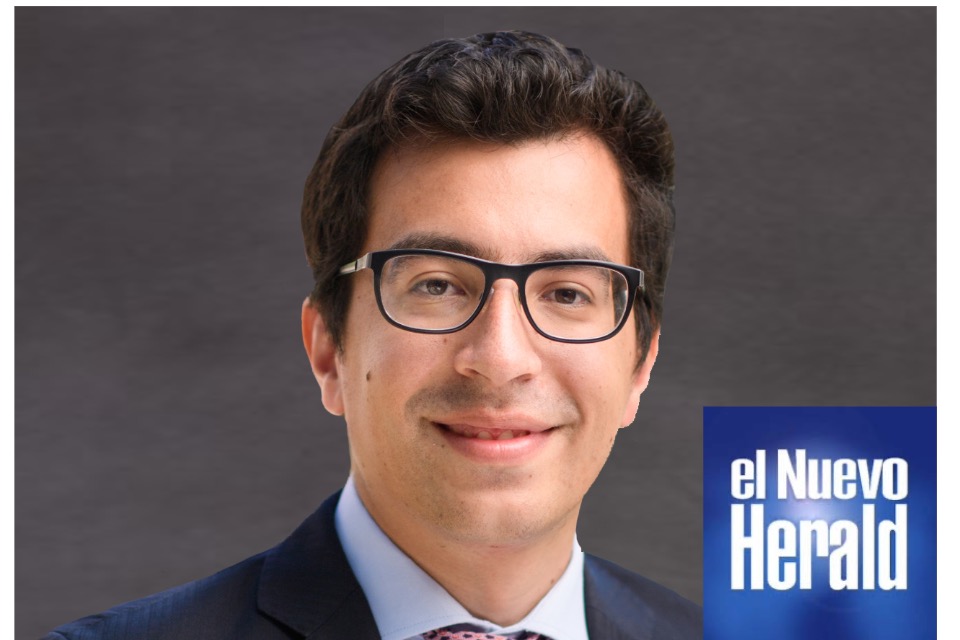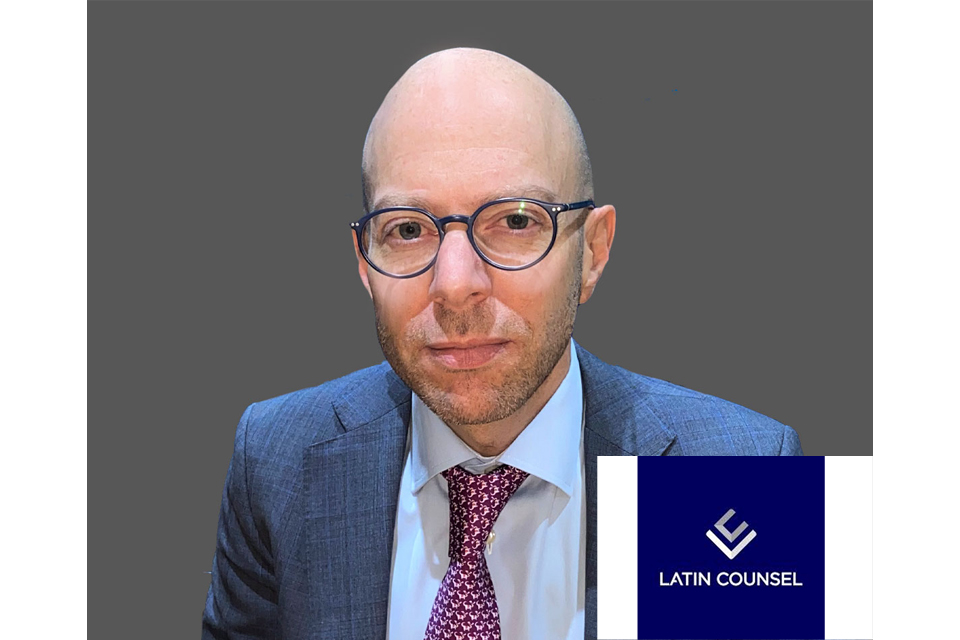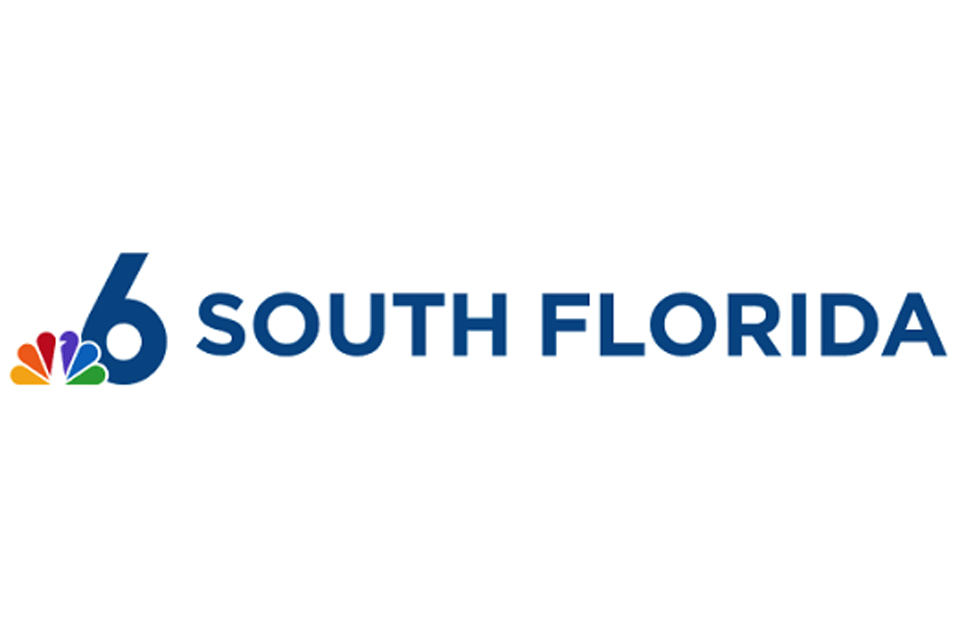The news media has been fixated by the Vatican Bank’s most recent run-in with Italian prosecutors for violations of anti-money laundering regulations. The Vatican Bank, a private bank that manages assets for religious orders, is one of the world’s most extraordinary and unique financial organizations. As a result of the investigation, the Vatican Bank has created a new anti-money laundering unit to foster a more transparent financial arrangement and to conform its transactional businesses to be better aligned to international laws designed to prevent money-laundering.
In September of 2010, Ettore Gotti Tedeschi, Chairman of the Vatican Bank, along with a second unnamed executive of the Bank, were placed under investigation by Italian magistrates in a money-laundering probe. Following the investigation of Mr. Gotti Tedeschi, the Italian treasury police seized approximately 23 million Euros (approx. $30 million USD) that had been deposited in a Rome bank account by the Vatican Bank. In a later announcement, the Italian government proclaimed that the seizure was as a precautionary measure. Previously, the Vatican Bank was also involved in a major financial scandal in the 1980s, which led to the collapse of Banco Ambrosiano, of which it was a major shareholder.
The Italian authorities have not adduced any clear evidence demonstrating that the Vatican Bank was involved in money laundering. However, the investigations revealed that the Vatican Bank failed to comply with Italy’s 2007 anti-money laundering law. The implications of the current investigation continues to have a negative impact on the Vatican’s efforts to secure inclusion on the Financial Action Task Force’s (“FATF”) list of countries considered to have acceptable financial transparency regulation (as opposed to tax havens).
The Vatican Bank is not a “typical” bank. First, the bank is not open to the public for deposits. Second, its list of account holders is confidential. Third, its mission is to manage assets that are destined for religious or charity work, although it also manages ATMs inside Vatican City and the pension system for the Vatican’s employees. Due to the Bank’s confidentiality policies, the fact that it is not open to the public, and that until recently it was not supervised by a financial intelligence unit, it is possible that the Bank becomes be an attractive institution for money launderers.
Money laundering occurs in three steps. First, the illicit funds are initially “placed” into the financial system. The second step is known as “layering” and involves funneling the money into the economy through various financial transactions designed to make it more difficult to trace the origins of such illicit funds. Finally, the funds are “integrated” when the illicit funds re-enter the mainstream economy, taking on the appearance of a legal transaction. Thus, by placing illicit funds in the Vatican Bank, the three steps involved in money laundering could be carried on anonymously and without the need to comply with reporting requirements that now exist in most countries around the world.
As a result of the Vatican Bank’s investigation, the Holy See, the Episcopal jurisdiction of the Catholic Church in Rome, issued a new anti-money laundering and anti-terror financing law to conform to European Union and International norms. The legislation, which was drafted in December 2010, went into effect this April. The new laws require anyone bringing 10,000 Euros (approximately $14,000) or more into Vatican City to declare it to the Vatican authorities. Also, all Vatican institutions around the world will be required to comply with the AML legislation.
The most significant provision of the Vatican’s AML legislation is the creation of the Financial Information Authority (“AIF”), which is responsible for overseeing all the financial transactions in Vatican City and ensuring that such transactions comply with the new “transparency laws.” AIF will also share information with other financial organizations. The AIF is the equivalent of the Financial Crimes Enforcement Network (“FinCEN”), and the United States’ Financial Intelligence Unit (“UNIF”). In the United States, FinCEN is the unit responsible for detecting suspicious activities by overseeing the records and reports of financial institutions across the United States, and by sharing this information with other financial intelligence units around the world.
Even though the creation of the AIF is a noteworthy step in remedying the lack of supervision and reporting requirements in Vatican City’s financial system, the new AML legislation has been met with a mixed response of praise and doubt from the Italian Anti-Money Laundering Authorities Association (“AIRA”).
Raineiri Razzante, head of AIRA, who is also a consultant to the Italian parliament’s anti-mafia commission, stated that the legislation is a step in the right direction. He claims that the AIRA acts as a tool to reduce the crime of “self-money laundering” and also the reinvestment of the capital by the person who received the “illicit” funds not covered in the Italian penal code. However, Mr. Razzante has expressed his doubts regarding the legislation’s treatment of “cash transactions” and “tax evaders.”
The new law requires businesses to identify any cash transactions worth 15,000 Euros or more. However, the Italian and European threshold is only 5,000 Euros. Thus, many skeptics of the new legislation, such as Mr. Razzante, are concerned that Vatican City’s new law may promote infiltration of illicit funds. Furthermore, the Vatican’s definition of “anti-money laundering activities” fails to include fiscal and tax crimes, which are considered to be the main sources of money laundering.
Although the effectiveness of the Vatican AML legislation is yet to be seen, it constitutes a solid first step in the Vatican’s fight against money-laundering and other financial crimes. In today’s complex financial system, where money can move across porous financial borders quickly and anonymously, it is critical that countries enact robust domestic anti-money laundering legislation that conforms with international guidelines in order to effectively combat money laundering.


















































































![Especial abogados Salón de la Fama[61] 4](https://diazreus.com/wp-content/uploads/2023/06/Especial-abogados-Salon-de-la-Fama61-4-2-pdf.jpg)





























































































































































































